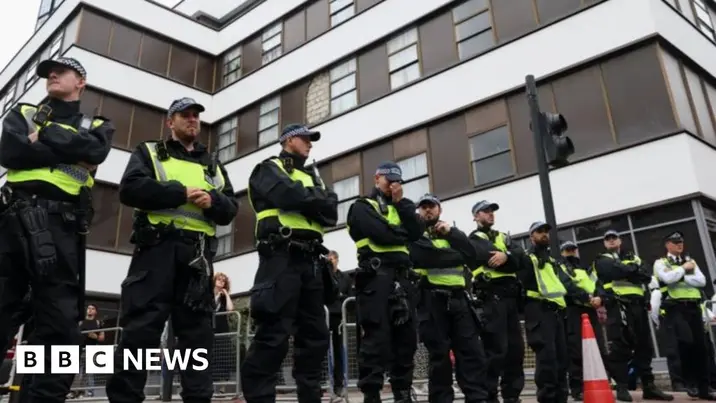T4K3.news
Protests grow over asylum hotel policies
Protests against hotels housing asylum seekers expand as communities weigh safety and humanitarian duties.
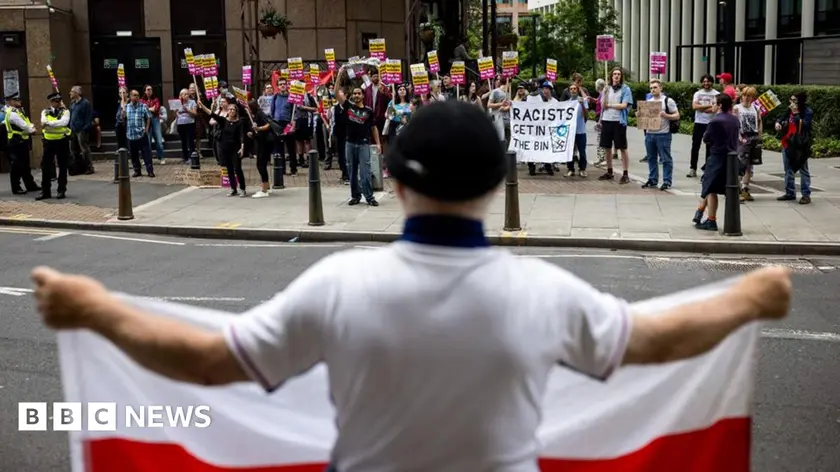
BBC reports on protests against hotels housing asylum seekers and the voices from residents and supporters.
Anger rises over asylum hotel protests
BBC reporters visited protest sites across the country where people gathered to oppose the use of hotels for asylum seekers. The Bell Hotel in Essex is one example among more than 200 such sites used by the government. Protests have drawn hundreds and, at times, thousands of people, with about 20 more planned for the weekend. The latest flare came after a man living at the Bell hotel was arrested on charges including sexual assault and incitement; he denies the offences and is in custody.
Residents describe safety concerns and changes in the local environment as asylum seekers move into hotels. Supporters say asylum seekers deserve humane housing and access to services. The debate has grown into a wider national discussion about how the asylum system should be run and how communities cope with hotel housing. Local authorities say hotels are under government oversight and that safety measures are in place, while advocates call for clearer community engagement.
Key Takeaways
"We are not happy with these men in this hotel because we fear for our children."
Orla expressing fear about male residents.
"If that makes me far right then so be it."
Orla asserting her political stance.
"it's all men. It's not a balanced culture."
Orla commenting on demographics of residents.
"Kebatu has denied the offences and is in custody."
Case linked to protests.
The article shows how fear and politics can shape a local issue. When crime and demographic fears are invoked, policy debates can tilt toward identity rather than evidence. The result is a polarization that makes calm discussion harder.
Policy implications demand more transparent data on crime near hotel sites, consistent housing standards, and clear communication from government and councils. The piece hints at political mobilization around the issue, with local candidates and parties using protests to boost support. The real test is whether authorities can balance humanitarian duties with community safety while keeping trust intact.
Highlights
- We are not happy with these men in this hotel because we fear for our children.
- If that makes me far right then so be it.
- it's all men. It's not a balanced culture.
- Kebatu has denied the offences and is in custody.
Political and social backlash risk tied to asylum housing
The piece links local protests to national policy debates and mentions political actors, signaling potential backlash and safety concerns. It highlights the polarization around asylum housing as a sensitive political issue.
Policy choices will test community trust in the weeks ahead.
Enjoyed this? Let your friends know!
Related News
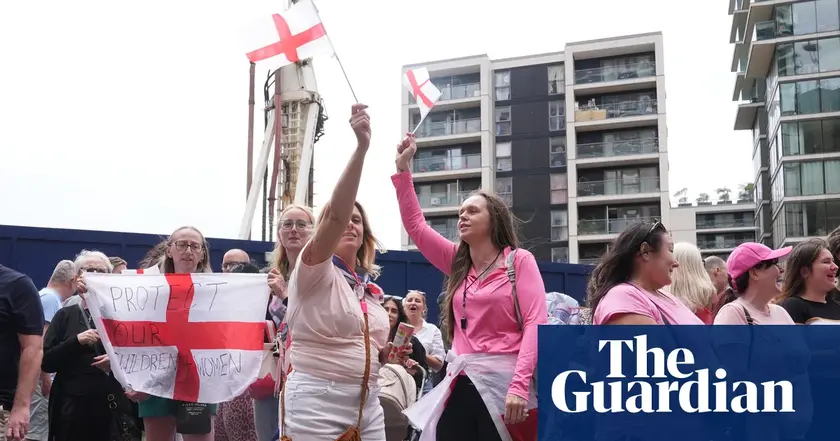
Government allocates extra £100m to combat small boat crossings

Public calls for Starmer to resign over migrant hotel crisis
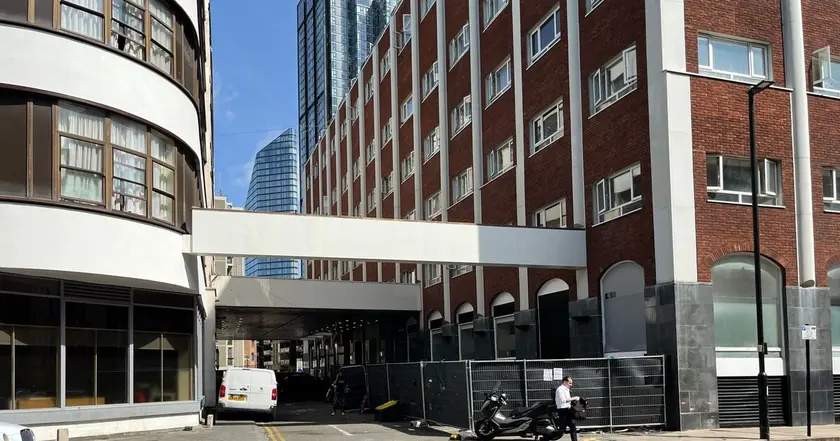
Concerns rise over crime linked to London hotel housing migrants
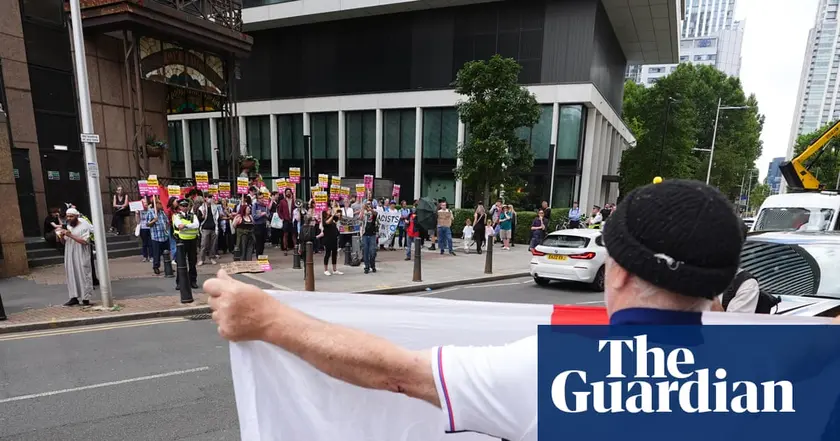
Home Office penalizing asylum seekers refusing relocation
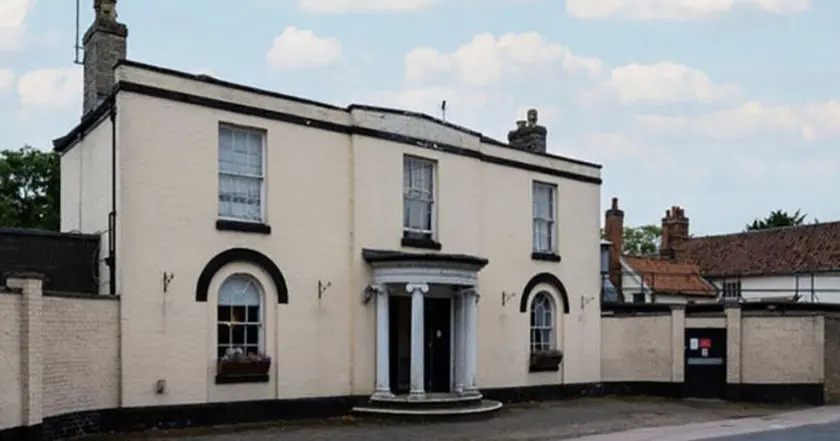
Controversy grows over asylum seekers at Park Hotel
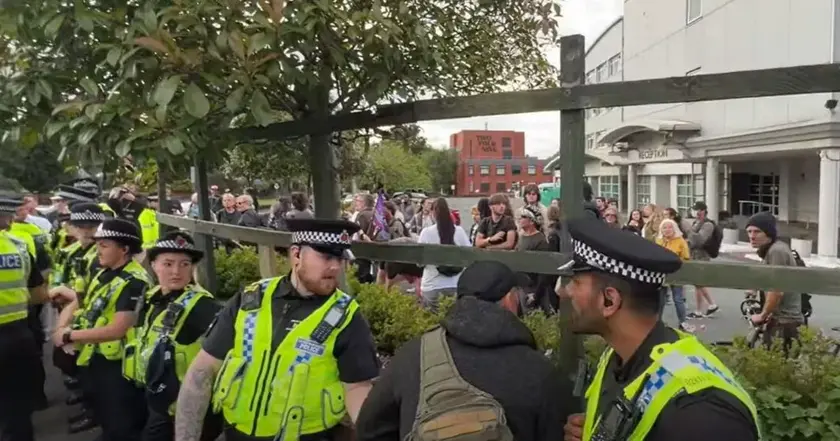
Clashes occur outside hotel housing asylum seekers in Altrincham

Hundreds protest at asylum hotel in Norwich

Protests against asylum hotel in Norwich escalate
